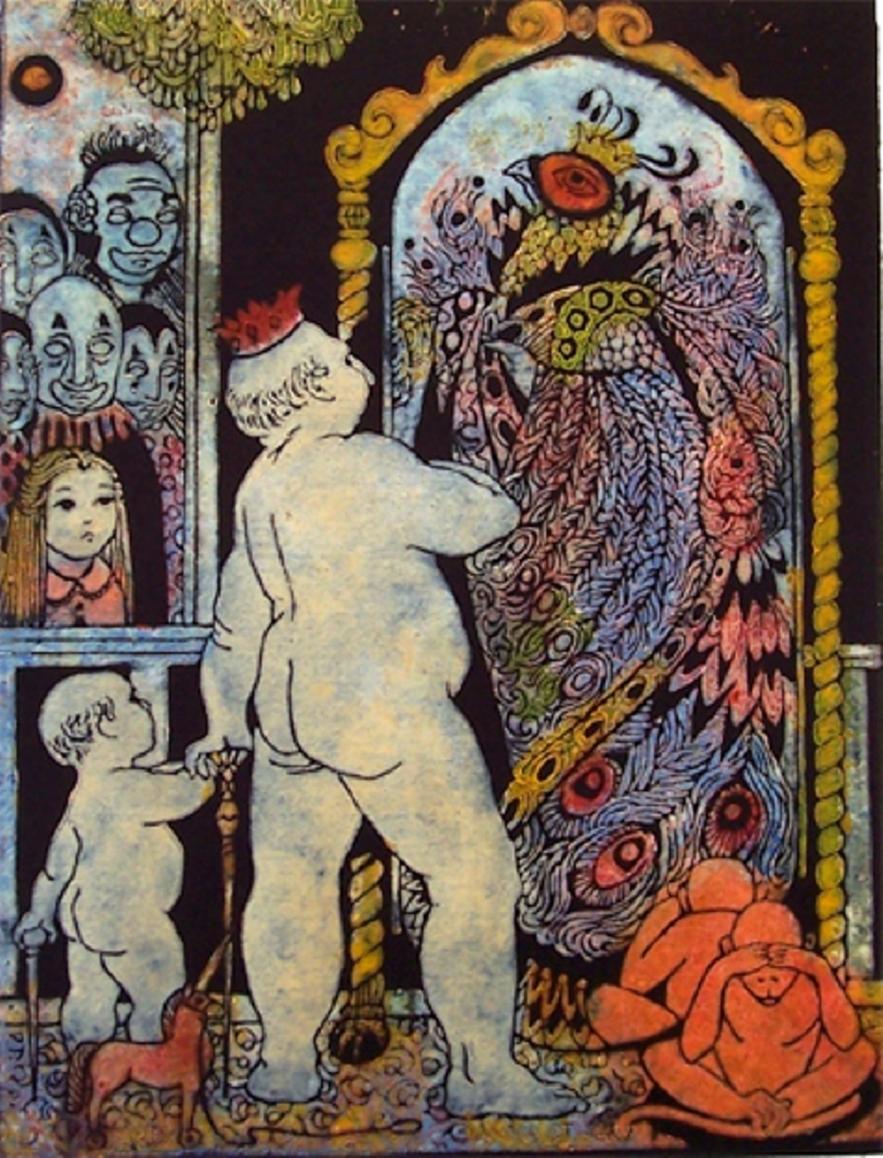One of the great political ironies, from my point of view, is this:
The political right says they're all about unburdening the individual of regulations and rules, then throwing them in the deep end so that they learn how to swim the stern-father way. But then they talk about the free market as the thing that's meant to shape society, as though a structureless system is somehow itself the leader. This shifting of power to a nebulous something beyond people leads to uncertainty, fear and anger. An eye for an eye, etc. God wills it.
The political left, however, talks about society, not a market, as the system of choice - they want everyone to live in gardens watered by running streams. How we get there is never clear, but the thing that is seen as hindrance is often the structures that define society - business, government, public institutions. While the talk is of social strength, the practical focus is on individuality and expressing oneself freely yet respectfully; if you are offended by difference, you can turn the other cheek.
As it's not humanly possible to escape our own frame and look down upon ourselves from on high, another option is required. Instead of building out, we must explore inwards, deconstructing our own points of view down to the most basic common denominator. Funny enough, this has been the goal of science and religion, two supposedly opposing fields of study. Both can be viewed as similar takes on interdisciplinary systems theory, considering the whole and its parts simultaneously rather than through an imposed binary lens.
 What does this have to do with politics? We like to think of politics as a tribal affair, with left and right in unending competition. The reality, however, is that the tribes at each end of the spectrum tend to trade roles and perspectives over time, chasing each other like day does night. You can't fight the right without becoming the right; you can't squeeze out the left without becoming that which you attempt to replace. Rather than being poles on a spectrum, the political left and political right orbit each other around a hard-to-define political centre.
What does this have to do with politics? We like to think of politics as a tribal affair, with left and right in unending competition. The reality, however, is that the tribes at each end of the spectrum tend to trade roles and perspectives over time, chasing each other like day does night. You can't fight the right without becoming the right; you can't squeeze out the left without becoming that which you attempt to replace. Rather than being poles on a spectrum, the political left and political right orbit each other around a hard-to-define political centre.
When you drill down into that common centre, you'll find no dichotomy, no opposition, just a shared starting point from which all perspective emerges. From that place, you can perceive the roots of the cycle and better understand its trajectory. Conscious of this, it's possible to break free of the cycle and find balance; when the options before you aren't limited to left or right, it becomes possible to move forward.


No comments:
Post a Comment